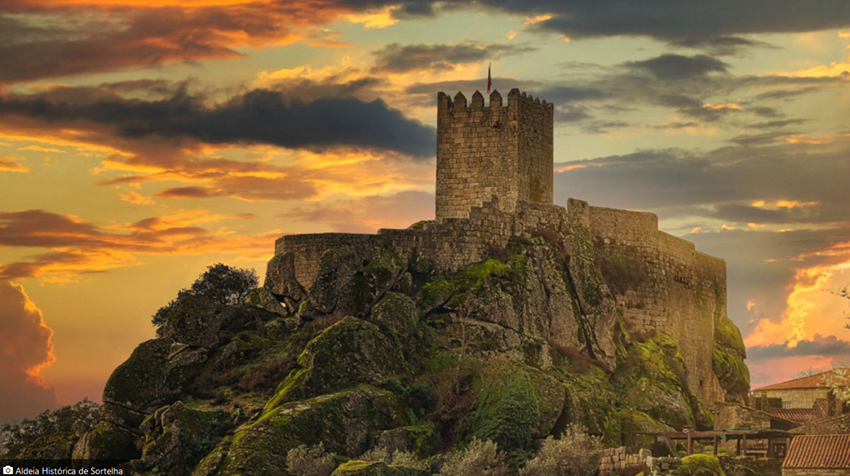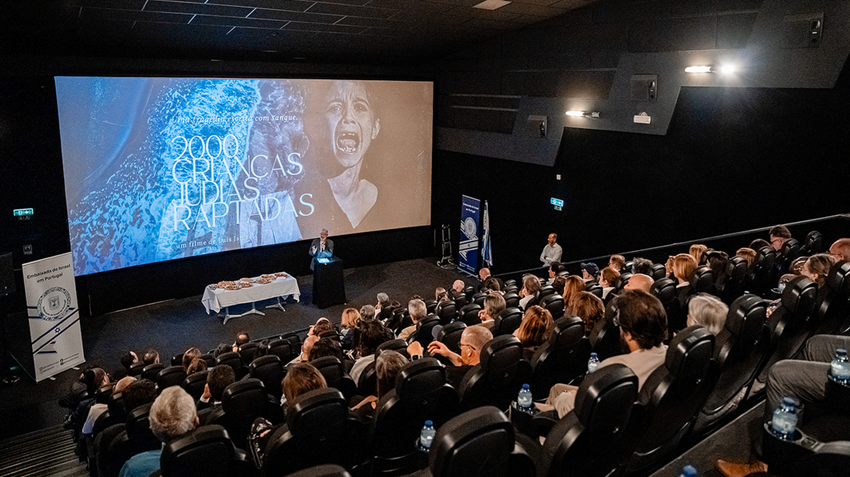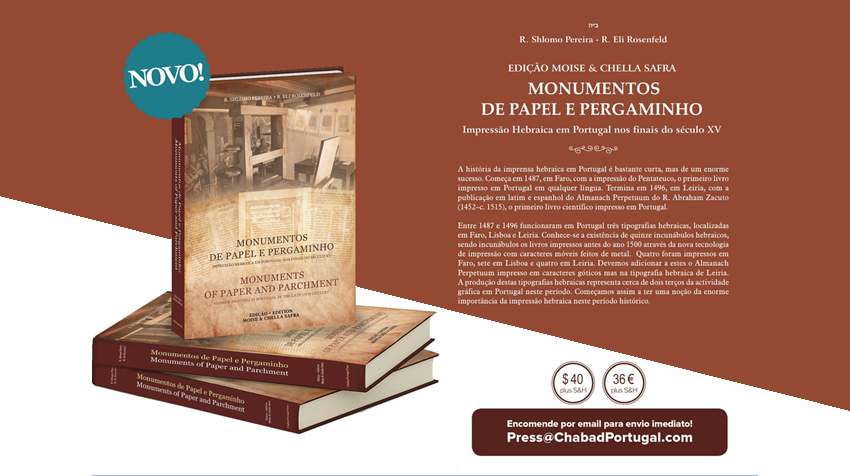The Historical Village of Sortelha was the privileged stage for filming and another example of the territory's attractiveness for the most varied national and international productions. Remember that the film "Damsel" ("Maiden"), the most watched of the year on Netflix, was also filmed in Sortelha; the series "House of The Dragon", prequel to HBO's "Game of Thrones" was set in the Historic Village of Monsanto; while the national series, "Salto de Fé", which will debut this summer on RTP, was recorded in the Historic Village of Castelo Novo.
The story of "1506 - The Genocide in Lisbon" goes back to the time of 16th century Lisbon.
Therefore, it was necessary to look for scenarios to recreate that environment, and thanks to the conservation of the Historical Village of Sortelha, whose urban and architectural appearance has remained unchanged since the Renaissance to the
present day, it proved to be one of the ideal places for this purpose.
The production is 100% based on real facts. The film "1506 - The Lisbon Genocide", directed by Luis Ismael and produced by LightBox, will be available online and free of charge, at 11:59 pm, this Thursday, April 18th, on the YouTube channel of Comunidade Israelita do Porto (CIP) in five languages: Portuguese, Hebrew, English, French and Spanish. Sessions are also planned in Porto on the same day, at Fundação Cupertino de Miranda, at 9pm; in Lisbon on May 2nd, at Cinema City in Campo Pequeno, at 6:30 pm, and in Madrid, London, Paris, New York, Hamburg and Sydney.
The truth is that the Historical Villages of Portugal are increasingly chosen as a backdrop for the most varied national and international productions, due to their unparalleled beauty, historical-cultural heritage and pristine landscapes.
An example of this is the film "Damsel" ("Maiden"), an international production released this year on the Netflix streaming platform. It is the most-watched film of the year, worldwide, and was recorded in the Historical Village of Sortelha. The international HBO series "House of The Dragon", a prequel to "A Game of Thrones", also chose one of Portugal's Historic Villages as one of its settings: Monsanto. And, this summer, a national series recorded in the Historic Village of Castelo Novo, called "Salto de Fé", will premiere on RTP.
These are just a few titles whose filming took place in the Historical Villages of Portugal and which demonstrate the growing interest, both in national and international production, in the magnificent corners of these 12 villages.
About Historical Villages of Portugal
Among the hills and valleys of the verdant landscape of the interior of Portugal, full of legends and castles, flavours and traditions, there are 12 simple villages where you want to get lost.
Almeida, Belmonte, Castelo Mendo, Castelo Novo, Castelo Rodrigo, Idanha-a-Velha, Linhares da Beira, Marialva, Monsanto, Piódão, Sortelha and Trancoso: the Historical Villages of Portugal, a destination of which there are 12, appear as hidden paradises that take us on a journey through the time of kings and queens, of epic and infinite battles that wrote History as we know it today. They also guarantee unforgettable moments of leisure, adventure and discovery, seasoned with the unparalleled aromas and flavours of the region, which make up its typical gastronomy.
In the territory of the Historical Villages of Portugal, there is an endless number of hiking trails and cycling and mountain biking routes - such as the Grande Route 22, the longest Walking & Cycling route in Europe and Portugal, with around 600 km. Grande Route 22 has the Leading Quality Trails - Best of Europe seal, awarded by the European Ramblers Association.
The Historical Villages of Portugal are the first network destination - on a global scale - and the first national destination to receive BIOSPHERE DESTINATION certification. And, in 2020, they were the first destination nationwide to create the "Responsible Tourist Manifesto", reminding their visitors of the importance of respect for nature.
Source: ineews.eu


































